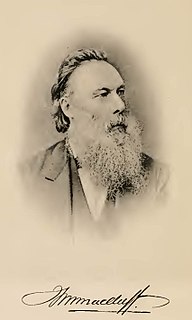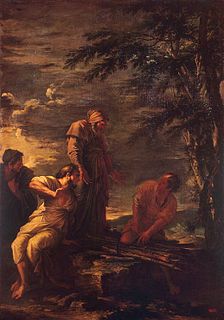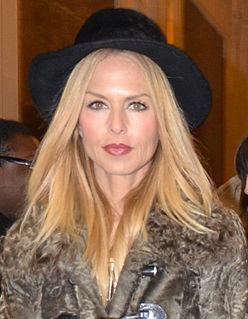A Quote by Cotton Mather
Charity ... is kind, it is not easily provok'd, it thinks no evil, it believes all things, hopes all things.
Related Quotes
Love is patient, love is kind, and is not jealous; love does not brag and is not arrogant, does not act unbecomingly; it does not seek its own [will], is not provoked, does not take into account a wrong suffered, does not rejoice in unrighteousness, but rejoices with the truth; bears all things, believes all things, hopes all things, endures all things.
Whether it's the Axis of Evil, or the evils of eating meat, it is a concept that has all but lost the impact it once had, because everyone thinks different things in this world are evil. PETA thinks what we do to animals is evil, but I think their overzealous approach is evil. Evil, in more ways than one, is comparable to the truth: definitions vary from one individual to the next.
But what a feeling can come over a man just from seeing the things he believes in and hopes for symbolized in the concrete form of a man. In something that gives a focus to all the other things he knows to be real. Something that makes unseen things manifest and allows him to come to his hopes and dreams through his outer eye and through the touch and feel of his natural hand.
There's a stronger and more kind of controversial element of Plotinus' view of matter, which is that he actually identifies it with evil, or at least the principle of evil, and the reason for this is that he thinks that the the One, the highest principle, can also be thought of as the Good, and that's kind of surprising like, because he has this negative theology which doesn't allow us to say anything about the One. But he believes that it can be seen as the principle of goodness as well as unity, and that if you think about it, goodness and unity sort of go along with each other.





































